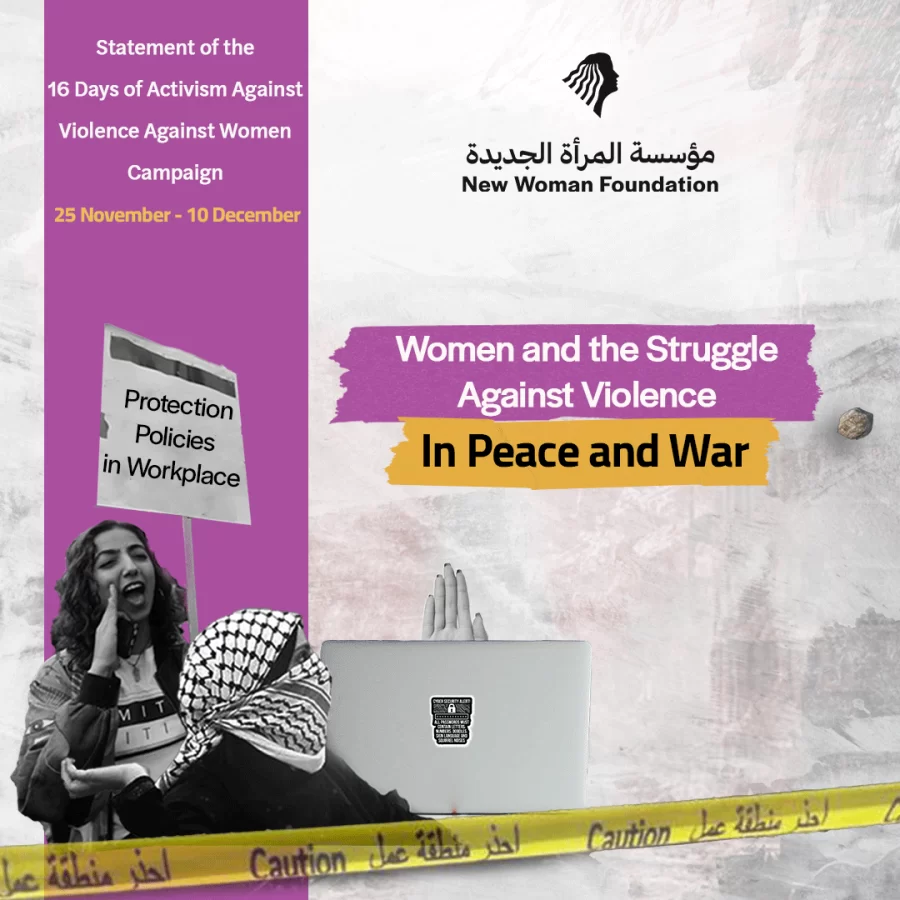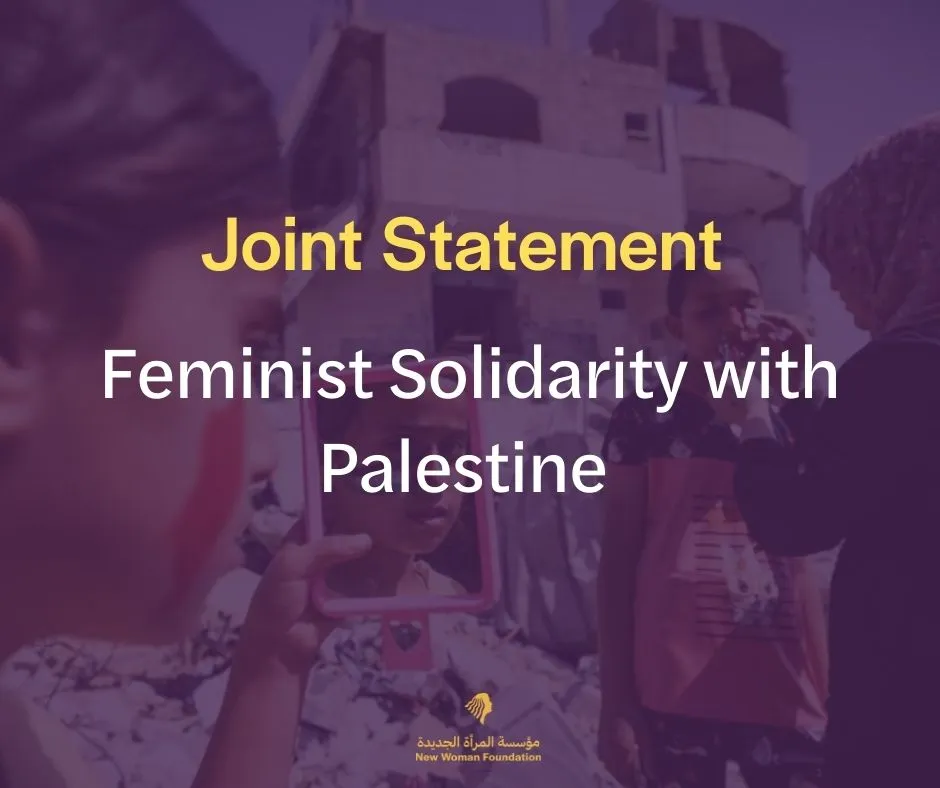- Contact Us
- 0020233382706
- nwrc@nwrcegypt.org
Stopping the Female Genital Mutilation Vicious Circle
Indigenous women take to radio to say, ‘no more violence’ in Nicaragua
February 13, 2017
Suspects implicated in assault on Coptic Minya woman referred to trial
February 19, 2017By: UNDP in EGYPT
“I dragged her from her hands to put her on the bed. She was trying to escape but her screaming and crying didn’t stop me. I wanted to get the operation done or else her father will beat me to death,” said Sawsan (who refused to disclose her real name).
Sawsan is a mother of three young girls and a boy, living in one of Upper Egypt’s villages on the outskirts of Qena governorate, 457 kilometers from Cairo, an area that is known for its conservative traditions.
“She was 5 years old at the time, lying on the bed and surrounded by at least 10 people including the doctor, family and some close neighbors. Things didn’t go as expected. Suddenly, the screaming stopped and blood covered the whole bed. The doctor said it is not my responsibility, take your daughter away. At this moment, I thought my daughter passed away.” said Sawsan with tears in her eyes.
Sawsan’s daughter is not the first to pass through this horrible experience. In Egypt, 61% of girls between 15 and 17 years old have been circumcised, according to Egypt’s Demographic Health 2014 and, in many cases it was the father or mother responsible for this act. This percentage dropped by more than 13% compared to the 2008 EDHS.
In 2008, Egypt passed a law criminalizing Female Genital Mutilation (FGM) and in 2016, a majority of parliament voted for stiffer law enforcement for the offense. Punishment can now be up to 15 years of rigorous imprisonment if the crime led to permanent disability or death.
“The doctor disappeared in seconds and I found myself alone with my daughter bleeding. Her father and I carried her in the dark because these operations are only done before dawn to make sure that no one will see it especially the police forces.”
As medical personnel are much more likely to perform FGM (82 percent), the problem still persists with more efforts to end the medicalization of FGM. Through awareness raising by the Abandonment of FGM and Empowerment of Families Joint Programme, supported by the United Nations Development Programme (UNDP) and the United Nations Population Fund (UNFPA), on 3 February 2017, Egyptian doctors participated in the ‘Doctors Say No to FGM’ initiative that aims to combat the medicalization of FGM.
“We saved her. She is now 18 years old and she blames me every day for what I did to her. I have three other girls and I have decided to advocate for Egypt free from FGM. I have never circumcised my other girls.” Sawsan is not the only woman who changed her attitude and stopped circumcising her children. In the recent EDHS 2014, statistics show significant change in mothers’ attitudes, compared to a total of 92% circumcised mothers only 35% of them intend to circumcise their daughters.
Working with parents, particularly mothers, and doctors are among the key pillars of the work to end FGM. Through the effort and advocacy with these groups, the programme aimed to stop the vicious cycle of generations and generations practicing FGM.
Since 2003, UNDP has been combatting FGM through its programmes and projects, in collaboration with Ministry of Health (MoH), through the National Population Council (NPC) and UNFPA, the United Nations Children’s Fund (UNICEF), and the United Nations Entity for Gender Equality and the Empowerment of Women (UN Women). One of the main pillars of the national programme was to support local communities to abandon FGM practices in their villages.
Currently, through the contribution of the European Union (EU), Swedish International Development Cooperation Agency (SIDA), in addition to various bilateral donors including the Netherlands and Gesellschaft für Internationale Zusammenarbeit (GIZ), the Joint Programme is working in 170 villages at 15 different governorates.
The fight towards ending FGM started when it turned from a taboo to a crime. More efforts are exerted to have Egypt free from FGM which is an integral part of Egypt’s vision 2030 and the Sustainable Development Goals (SDG 5).



